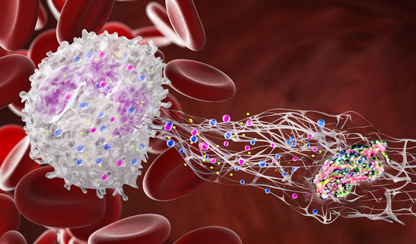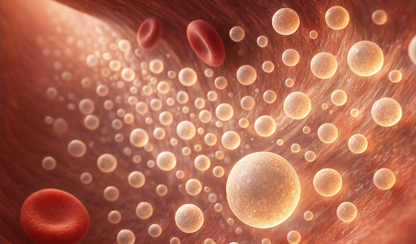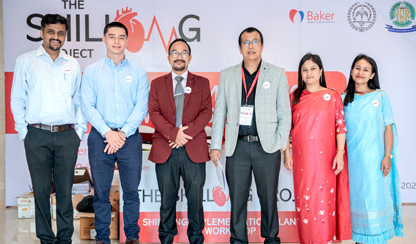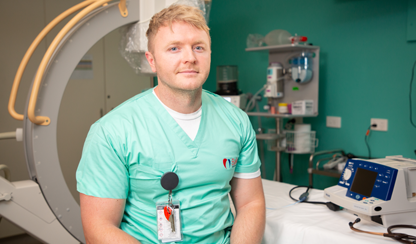31 May 2020
Media release
First annual toll reveals 660 Victorians under 50 lost to unexplained cardiac death
The first annual Victorian statistics collected on unexplained cardiac death — also known as sudden cardiac death or arrest — have revealed the figures are much higher in people aged under 50 than experts even predicted.
The first of its kind registry and genetic database began in April 2019, funded by the EndUCD.org Foundation, in memory of Ross Dennerstein, a pilot and father of three whose cardiac death at age 47 was unexpected and remains unexplained.
Victorian data to April this year shows about 750 people aged under 50 have suffered a sudden cardiac arrest over the 12-month period — with 660 of those dying — putting it on par with suicide as the biggest killer of young Victorians.
That’s more than 12 Victorians a week who have died before their 50th birthday from unexplained cardiac death, leaving few answers for their families about why they were taken so young.
A national rollout of the project is now underway, with other states like New South Wales also expected to record large numbers.
Project leader and Head of Sports Cardiology at the Baker Institute, Associate Professor Andre La Gerche said to put the Victorian figures in perspective, it was far more than the state’s total road toll for 2019.
“Unexplained cardiac death is killing more young Victorians than breast, bowel or lung cancer,” Associate Professor La Gerche said.
“What’s hard is that while we can clearly see how cancer or road trauma deaths can be prevented, and have developed strong community health campaigns to do so, when it comes to unexplained cardiac death we remain largely in the dark.
“That’s why projects like this registry are critical in building a better understanding of how these deaths are caused, and most importantly, how they can be prevented.”
In the past 40 years, cardiovascular deaths have declined dramatically for Australians over the age of 50, but death rates remain largely unchanged for those under 50.
Associate Professor La Gerche said an unacceptable number of young Australians would continue to die of heart disease without greater support for research and action to prevent unexplained cardiac death.
“Most people are very surprised when they hear that heart disease kills more young Australians than car accidents, drugs or cancer. Somehow it flies under the radar,” he said.
“We need to ensure this issue is front and centre in the public consciousness, and making the list of Australia’s top health priorities.
“What makes it difficult is that most of these people don’t have the typical risk-factors for heart disease, nor any warning signs. In general, they are healthy, active and have had no reason to seek medical attention. It almost always comes as a massive shock.
“That’s why we need far more information to understand what mechanisms are at play here, including genetic factors.”
While much of the Victorian data gathered in the past 12 months still needs to be analysed, there have already been some surprising insights.
As well as a much higher death toll — the research team were initially expecting a 12-month figure closer to 400 — the stats are showing some narrower gender differences than reported in other parts of the world.
“Some international evidence has suggested that men are five times more likely to die of an unexplained cardiac death than women. But the gender breakdown of our Victorian under-50s data from the past 12 months looks more like three men to every one woman,” Associate Professor La Gerche said.
As the registry moves forward into its second year of data collection, Associate Professor La Gerche said the focus would be on gathering as much information as possible through the families affected, as well as the small number of people lucky enough to survive a sudden cardiac arrest.
“This is really the first opportunity families have to seek answers about their loved one’s death, and how they might be able to prevent it happening to themselves or someone else,” he said.
“Survivors also have access to psychological counselling through this project, an often overlooked but important service, which is proving particularly helpful for those who experience PTSD after such an event.”
For further information or to organise interviews please contact:
Tracey Ellis
T: 03 8532 1514
M: 0433 781 972
E: tracey.ellis@baker.edu.au





